Linfield C. Brown, Paul Mac Berthouex9781566705929, 1566705924
Two critical questions arise when one is confronted with a new problem that involves the collection and analysis of data. How will the use of statistics help solve this problem? Which techniques should be used? Statistics for Environmental Engineers, Second Edition helps environmental science and engineering students answer these questions when the goal is to understand and design systems for environmental protection. The second edition of this bestseller is a solutions-oriented text that encourages students to view statistics as a problem-solving tool. Written in an easy-to-understand style, Statistics for Environmental Engineers, Second Edition consists of 54 short, “stand-alone” chapters. All chapters address a particular environmental problem or statistical technique and are written in a manner that permits each chapter to be studied independently and in any order. Chapters are organized around specific case studies, beginning with brief discussions of the appropriate methodologies, followed by analysis of the case study examples, and ending with comments on the strengths and weaknesses of the approaches. New to this edition:”Thirteen new chapters dealing with topics such as experimental design, sizing experiments, tolerance and prediction intervals, time-series modeling and forecasting, transfer function models, weighted least squares, laboratory quality assurance, and specialized control charts”Exercises for classroom use or self-study in each chapter”Improved graphics”Revisions to all chaptersWhether the topic is displaying data, t-tests, mechanistic model building, nonlinear least squares, confidence intervals, regression, or experimental design, the context is always familiar to environmental scientists and engineers. Case studies are drawn from censored data, detection limits, regulatory standards, treatment plant performance, sampling and measurement errors, hazardous waste, and much more. This revision of a classic text serves as an ideal textbook for students and a valuable reference for any environmental professional working with numbers. | |
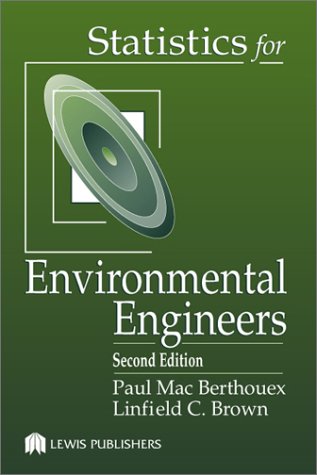
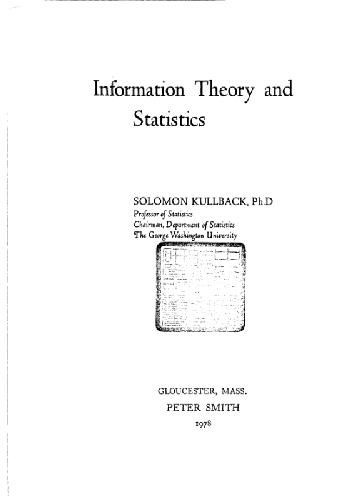
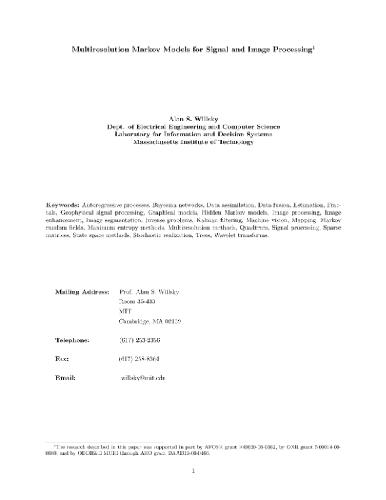

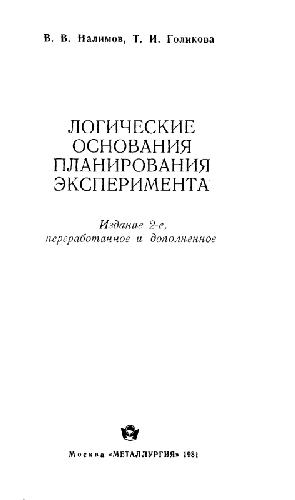

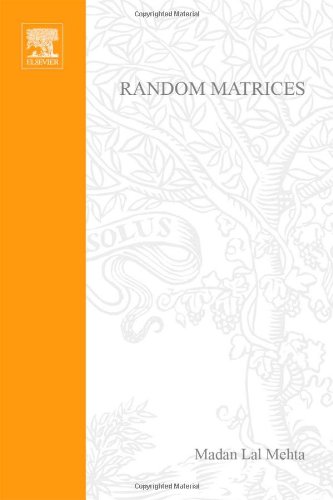
Reviews
There are no reviews yet.